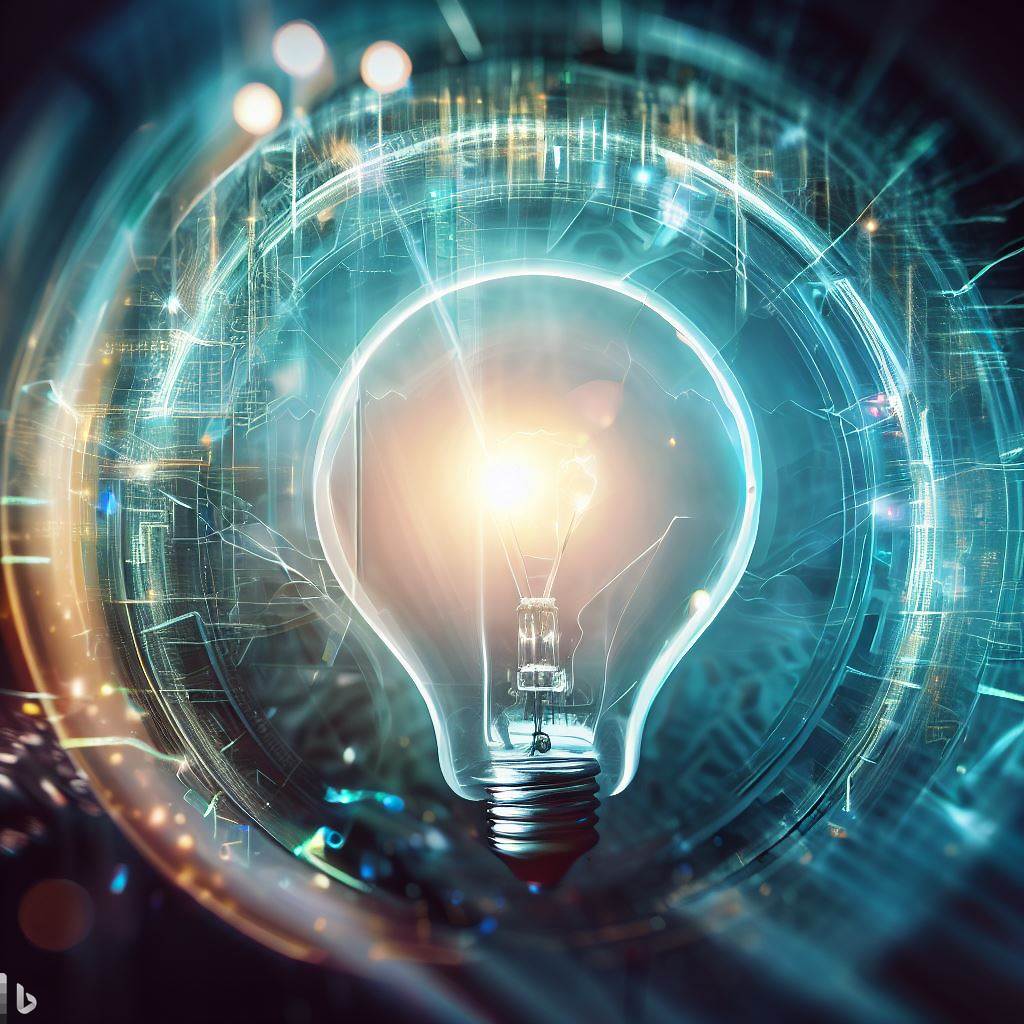
Electricity, as a fundamental element of modern life, is undergoing rapid transformation, especially as the world grapples with climate change and the need for sustainable energy sources. Here are the anticipated developments shaping the future of electricity:
1. Evolution of Generation:
- Renewable Domination: Wind, solar, and hydropower are expected to become dominant sources of electricity, gradually reducing reliance on fossil fuels.
- Nuclear Innovations: Advanced nuclear technologies, including fusion and small modular reactors, might offer cleaner, safer, and more efficient electricity generation.
2. Grid Modernization:
- Smart Grids: Advanced sensor networks, AI, and machine learning will revolutionize grid management, allowing for predictive maintenance, real-time monitoring, and more efficient distribution.
- Decentralized Systems: With the proliferation of renewable sources, there will be a move towards decentralized and local energy systems, like microgrids, that can operate independently or in tandem with the main grid.
3. Energy Storage Breakthroughs:
- As renewables become mainstream, efficient energy storage solutions, from advanced batteries to pumped hydro storage, will be crucial to address the intermittent nature of these sources.
4. Electrification of Everything:
- As sectors like transportation (with EVs) and heating move towards electrification, there will be a surge in electricity demand, reshaping generation, and distribution strategies.
5. Enhanced Transmission Technologies:
- Superconducting cables and high-voltage direct current (HVDC) transmission lines can reduce energy loss during transmission, facilitating long-distance power sharing.
6. Dynamic Pricing and Demand Response:
- Advanced metering infrastructure (AMI) will enable real-time pricing, allowing consumers to use electricity during off-peak times to save money and helping utilities manage peak demands.
7. Increased Grid Resilience:
- In the face of extreme weather events and potential cyber threats, strategies and technologies to enhance grid resilience and security will be paramount.
8. Consumer Engagement and Energy Management:
- Home energy management systems, integrated with IoT devices, will give consumers more control over their electricity consumption, enhancing efficiency and reducing costs.
9. Integration of AI and Big Data:
- Data analytics and AI will optimize electricity generation, consumption, maintenance, and distribution, enhancing efficiency across the board.
10. Electromagnetic Pulse (EMP) Protection:
- As dependency on electricity grows, protection against potential EMP events, whether natural or man-made, will become crucial to safeguard infrastructure.
11. International Electricity Sharing:
- Interconnected transnational grids can allow countries to share surplus electricity, ensuring demand-supply balance and fostering international cooperation.
12. Environmental Considerations:
- As the shift towards cleaner electricity gains momentum, strategies to reduce the environmental footprint of electricity generation, transmission, and consumption will be integral.
13. Regulatory and Policy Evolution:
- Governments will play a key role through policies, regulations, and incentives that promote cleaner, more efficient, and resilient electricity systems.
14. Research and Development:
- Investment in R&D will lead to innovations in electricity generation, transmission, storage, and consumption, driving the sector forward.
15. Electrification in Remote Areas:
- Technological advancements, especially in off-grid solutions, will ensure that even the remotest areas have access to reliable electricity.
In sum, the future of electricity is a blend of technological advancements, policy interventions, and evolving consumer behavior. The overarching theme will be sustainability, efficiency, and resilience as we navigate the challenges of the 21st century.
